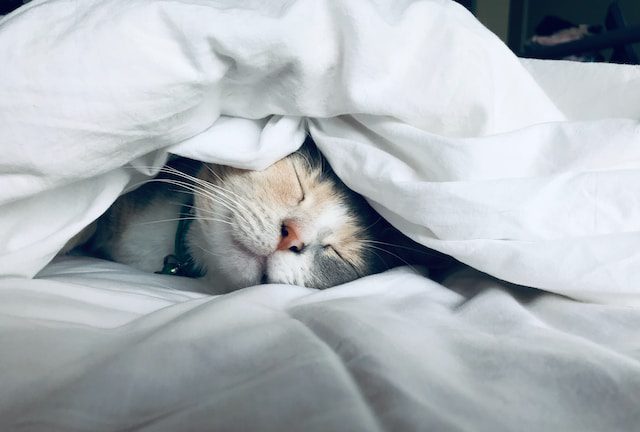March is Pet Poison Prevention Awareness Month, a time to educate ourselves on what can be harmful to our furry friends here in our Albuquerque homes. Knowing what substances and items can be toxic to our pets is crucial in keeping them healthy and safe. By being aware of potential hazards and taking preventative measures, we can ensure our pets live long, happy lives.
Human Medications
It is important to note that certain human medications can be fatal for pets, including both prescription and over-the-counter drugs. It is crucial to always consult with a veterinarian before administering any medication to your pet, and to store medications in a secure location to prevent accidental ingestion by pets.
Some types of medications to keep away from pets include:
- Cancer medicines
- Antidepressants
- Diet pills
- Cold medications
- Supplements, such as vitamins
- Pain relievers, such as aspirin, acetaminophen, and ibuprofen
Chemicals
It’s important to keep all chemicals and insecticides locked up to prevent animals from being attracted to their pleasant taste. This includes common household chemicals like bleach and detergents, as well as insect bait, herbicides, and fertilizers, which are all toxic.
When using de-icing salts, it’s important to be cautious as pets can ingest them by licking their paws. Even chemicals commonly used for dogs, including tick medication, collars, and shampoos, can be toxic.
Human Food
It’s important to be aware that certain human foods can be toxic to pets such as garlic, onions, caffeine, and alcohol. As a responsible pet owner, it’s best to avoid feeding your furry friend any human food to ensure their safety and well-being.
It’s important to know that certain houseplants like poinsettias and lilies can be harmful to cats. If you have a cat that enjoys nibbling on plants, it’s best to keep these out of reach or out of the house altogether. Additionally, chicken bones should never be given to cats or dogs as they can easily break apart and cause internal injuries.
Other Hazards
Cats are known to enjoy playing with string, yarn, and similar toys. However, it’s important to be cautious when allowing your cat to play with these items as they can pose a serious risk. String and yarn can easily strangle or choke a cat, and some cats may even chew these items into small pieces which can lead to intestinal blockages or entanglement. It’s important to supervise your cat during playtime and provide them with safe, cat-friendly toys to prevent any potential harm.
What to Do If Your Pets Are Poisoned
If you suspect that your pet has ingested a poisonous substance, time is of the essence. The first and most important step is to immediately call your veterinarian. It is crucial to keep their contact information in a readily accessible location, such as on the refrigerator.
If your pet has ingested a poisonous substance, contact the Animal Poison Control center at (888) 426-4435. They will guide you on the appropriate next steps based on the type of poison. It is important to monitor your pet for symptoms, which can vary in onset time. Look out for symptoms such as breathing difficulties, coughing, diarrhea, depression, shaking, vomiting, and weakness.
